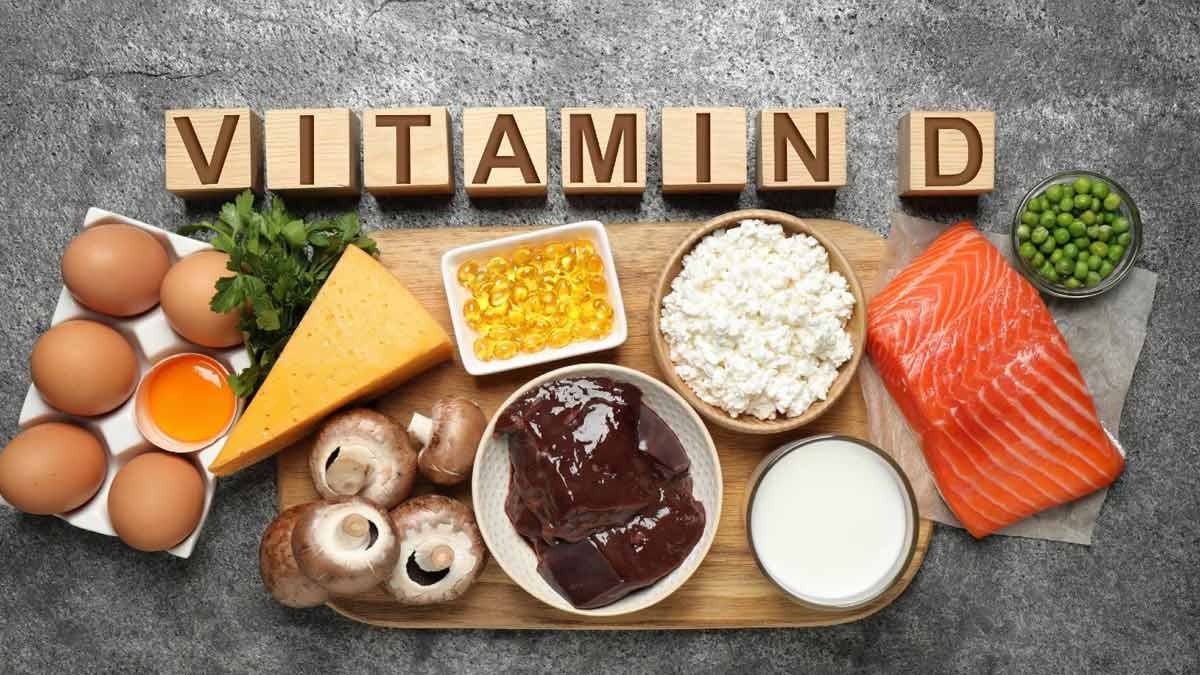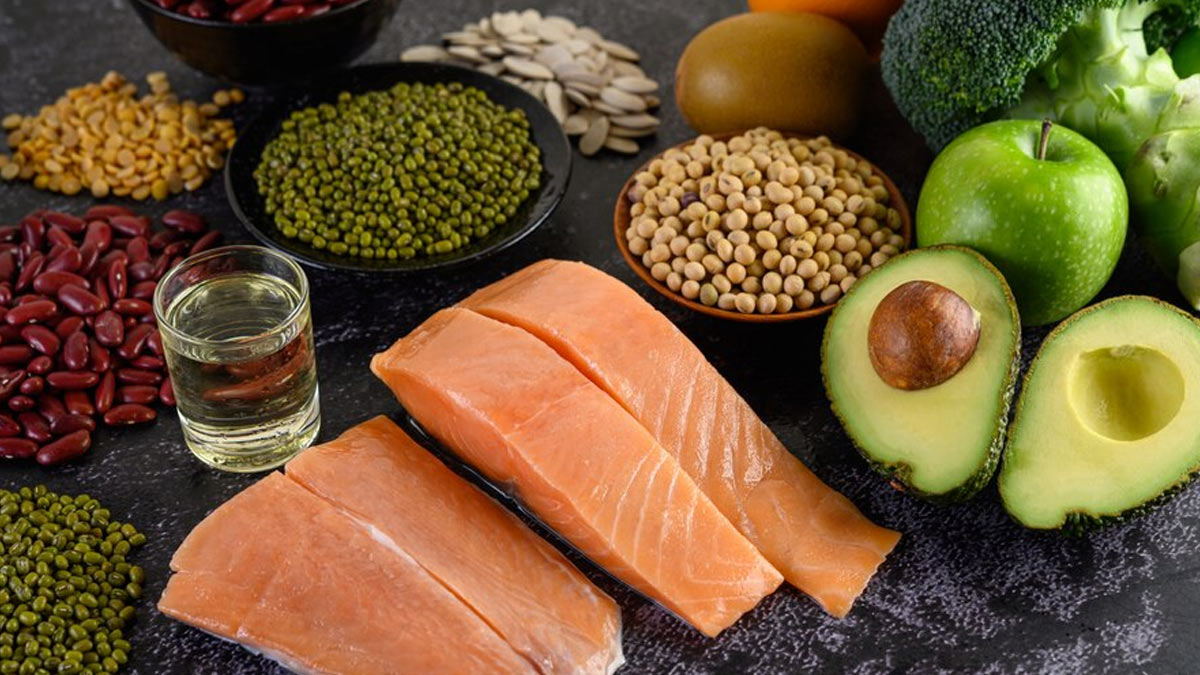
Vitamin D serves numerous essential functions, with one of the most pivotal being its role in regulating the absorption of calcium and phosphorus. It is essential to the healthy development and growth of teeth and bones. Furthermore, vitamin D plays a role in immunological and neuromuscular system modulation. It is essential for the intestines to stimulate the absorption of calcium and retrieve calcium that the kidneys have lost.
According to Dr. RR Dutta, HOD-Internal Medicine, Paras Health, Gurugram, the deficiency of Vitamin D can cause fatigue, discomfort in the muscles, and weariness. The deficiency elevates during the winter season due to the lack of direct sunlight. There are days when we go without even a bleak ray of sunshine, making it difficult to get nutrients and vitamins.
In a study from the National Health and Nutrition Examination Survey (NHANES), it was discovered that among 71,685 surveyed participants spanning from 2001 to 2018, 40.9% exhibited insufficient levels of vitamin D. Among these individuals, 2.6% were severely deficient in vitamin D, while 22% showed a moderate deficiency.

Low vitamin D levels are more common in some demographic groups. These populations include the elderly, those who are obese, those who have had gastric bypass surgery, and those who have been diagnosed with illnesses including Crohn's disease, liver disease, celiac disease, and cystic fibrosis, among others.
Benefits of Vitamin D
Vitamin D plays a crucial role for the body in multiple aspects. Here are a few of them:
- Muscle Relaxation: Sunlight exposure promotes the release of serotonin, a hormone that calms muscles and supports cognitive development.
- Mood Enhancement: Sunbathing stimulates serotonin production, enhancing mood and promoting a sense of calmness.
- Pregnancy Protection: Vitamin D can protect pregnant women from premature delivery and birth-related infections.
- Bone Strength: Sun exposure boosts calcium absorption, strengthening bones and preventing bone deformities like rickets and osteomalacia.
- Immune System Support: Sunbathing in the morning helps maintain a robust immune system.
Daily Recommended Dose And The Preferred Foods
The recommended daily value (DV) for vitamin D is 800 IU (20 mcg). While sunlight is the best source, incorporating vitamin D-rich foods and supplements is advisable. Consult your doctor to determine if a supplement is needed.
Fatty Fish
Salmon: A 3.5-ounce serving of farmed Atlantic salmon provides 526 IU of vitamin D, contributing to 66% of the DV. Wild-caught salmon generally contains more vitamin D, with variations based on location and season. Other Fatty Fish: Halibut and mackerel offer 190 IU and 643 IU per 3.5-ounce serving, respectively.
Also Read: Expert Unmasks 8 Hidden Signs of Vitamin D Deficiency in Winter
Mushrooms
Mushrooms, including shiitake, portobello, morel, and chanterelle, are delicious sources of vitamin D. Exposure to ultraviolet light further enhances their vitamin D levels, making them versatile additions to salads, omelets, and pasta dishes.
Egg Yolk
The yolk of eggs is a concentrated source of vitamin D, containing essential amino acids, choline, and healthy fats. Opt for free-range or pastured eggs, which boast 4 to 6 times more vitamin D.
Canned Tuna
Canned tuna provides a convenient and cost-effective way to boost vitamin D intake. A 3.5-ounce serving of light canned tuna offers 269 IU, making it a pantry staple for protein. Choose sustainably sourced options, and be mindful of mercury levels.
Cow's Milk
Naturally rich in calcium, phosphorus, and riboflavin, cow's milk is often fortified with vitamin D. In the United States, one cup of fortified cow's milk contains 115 IU, contributing approximately 15% of the DV.
Fortified Orange Juice
Fortified orange juice offers a refreshing way to supplement vitamin D. Check labels for added nutrients, as one cup can provide up to 137 IU, aiding in meeting daily requirements.
Cod Liver Oil
For a potent dose of vitamin D, consider cod liver oil. A single tablespoon can deliver approximately 1,300 IU, significantly contributing to your daily intake.
Fortified Cereals
Certain breakfast cereals are fortified with vitamin D, providing a convenient option for boosting your daily intake. Check labels for nutritional content to ensure adequate supplementation.
Bottomline
Combatting vitamin D deficiency during winter is achievable through a balanced diet that incorporates these superfoods. Whether through fatty fish, mushrooms, eggs, or fortified options, prioritizing vitamin D-rich foods ensures overall well-being. Consultation with a healthcare professional can guide personalized approaches to address individual needs.
Also watch this video
How we keep this article up to date:
We work with experts and keep a close eye on the latest in health and wellness. Whenever there is a new research or helpful information, we update our articles with accurate and useful advice.
Current Version